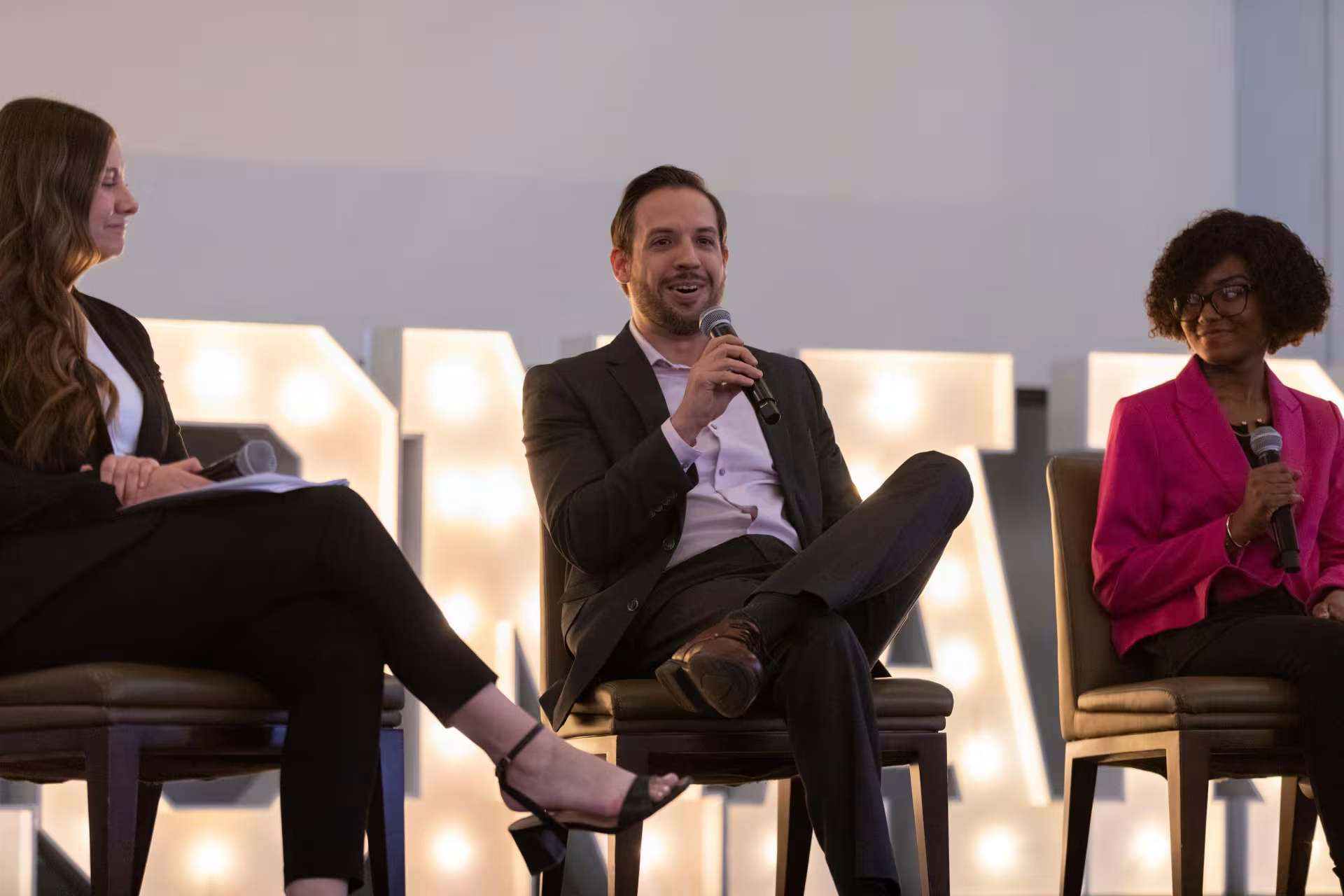Read time 4 minutes
Published on Aug 30, 2022
A business can thrive only when it fully understands the needs and desires of its customers and develops business strategies designed to meet those needs and desires. The professionals who position companies for success by better understanding its customers are known as market research analysts. But exactly what does a market research analyst do? Explore this career guide and learn about the path toward becoming a market research analyst.
The Role of a Market Research Analyst
Because all sorts of companies rely on their expertise, a market research analyst can work for any number of different industries. These professionals are responsible for developing a deep understanding of the company’s customers and potential customers, such as their shopping habits and income level. There are many areas in which a market research analyst’s work is integral for the future of a company, such as the following:
Depending on their employer and company’s current objectives, a day in the life of a typical market research analyst will vary somewhat. In general, however, these professionals may do any of the following tasks to achieve their aims:
The work of a market research analyst can significantly influence a company’s direction, its curated public image, and its success in selling products or services to consumers.
How To Become a Market Research Analyst
There are many pathways toward becoming a market research analyst. Students who are still in high school can begin preparing for their future career by taking as many relevant courses as possible, such as classes in business law, marketing, psychology, computer applications and statistics.
Market research analysts are generally expected to hold at least a bachelor’s degree in a relevant subject, such as business administration, business analytics or marketing and advertising. It’s possible to land an entry-level job in the field with a bachelor’s degree. However, some jobs do require a graduate degree, and even employers who do not require a graduate degree may express a preference for it.
To pursue higher-level jobs, such as those involving supervisory duties, professionals may decide to return to school. They might first earn a master’s degree, or they might decide to work toward a doctoral degree (or both). A graduate-level education, particularly a doctorate, will enable learners to develop the advanced analytical and critical thinking skills that will benefit their organizations and their own career paths.
Undergraduate Degrees for an Aspiring Market Research Analyst
A bachelor’s degree is generally the minimum requirement for an aspiring market research analyst. There is no universal requirement regarding the specific type of degree, although it’s ideal to earn an undergraduate degree within the field of business and management; a degree in marketing or market research is best, and students should be sure to take a few math classes, such as statistics.
Do Market Research Analysts Need a Master’s Degree?
Some employers prefer to hire market research analysts who possess a master’s degree. A graduate degree can also provide a pathway toward pursuing senior-level positions. In addition, professionals who are interested in transitioning to the field from an unrelated profession may find that earning a master’s degree is necessary for launching a second career.
A Master of Business Administration (MBA) degree can serve professionals well, particularly if it offers a concentration in marketing and advertising. It may take about two years of full-time study to complete a master’s degree, although this differs from one school to the next. Learners may or may not be required to complete a master’s thesis.
Entry-Level Jobs for Aspiring Market Research Analysts
Aspiring market research analysts typically find that they need to gain at least a few years of full-time work experience in the field before they can land a job as a market research analyst. There are a few possibilities for entry-level positions. For example, individuals may pursue positions as marketing assistants, account representatives or copywriters.
Earn a Doctoral Degree in Business Administration
Although it’s possible to work in market research analytics without a doctorate, it’s definitely beneficial to earn one. Those who earn a doctoral degree in business administration with a focus on qualitative research will gain advanced skills and knowledge that are immediately applicable in the field. This terminal degree can also confer the following benefits:
Get started on your path to becoming a market research analyst by earning a doctoral degree from Grand Canyon University. In addition to GCU’s many undergraduate business and management degrees, the College of Doctoral Studies is pleased to offer the Doctor of Business Administration: Management degree program, which explores advanced management theories and effective business practices. Click on Request Info at the top of your screen to learn how to join the dynamic doctoral community at GCU.





